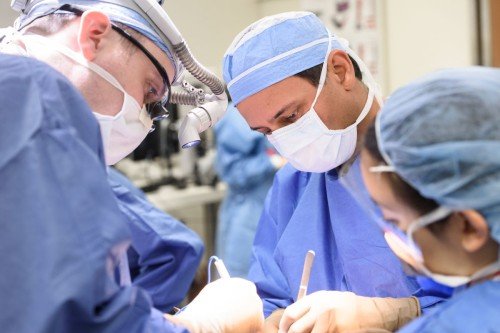Inner cheek cancer (also called buccal mucosa cancer) is a type of head and neck cancer that begins when the cells that make up the inner cheek grow out of control and form lesions or tumors. Buccal mucosa is another name for the inside lining of the cheeks.
These cancers usually occur in the thin, flat cells called squamous cells that line the buccal mucosa and other parts of the mouth. Inner cheek cancer is classified as squamous cell carcinoma. Cancer on the outer cheeks is considered skin cancer. Find in-depth information about skin cancer.
Using tobacco products and regularly drinking too much alcohol can increase your chances for developing cancer in the inner cheek. Dentists are typically the first to notice signs of inner cheek cancer, often during a routine dental exam.
Common Symptoms of Buccal Mucosa Cancer
Signs of inner cheek cancer may include the following:
- white, red, or dark patches in the mouth
- lump inside cheek tissue
- mouth pain or numbness
- soreness or a feeling that something is caught in your throat
- difficulty moving your jaw
- severe ear pain
- hoarseness
- loose teeth or pain around your teeth
- dentures that no longer fit
- jaw pain or swelling
Buccal Mucosa Cancer Treatment
Inner cheek cancer is highly curable when diagnosed early. Treatment often involves surgery performed by a head and neck cancer surgeon.
The goals of the treatment of inner cheek cancer are to:
- cure the cancer
- preserve your appearance and the functions of your mouth
- prevent the cancer from coming back
The extent and depth of the cancer guides your plan of care. If the cancer is more advanced, radiation, chemotherapy, or both may be used to shrink the tumor before or after surgery to reduce the risk of the cancer coming back. For some people, radiation may be the only treatment needed.
We’re available 24 hours a day, 7 days a week



